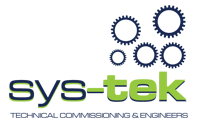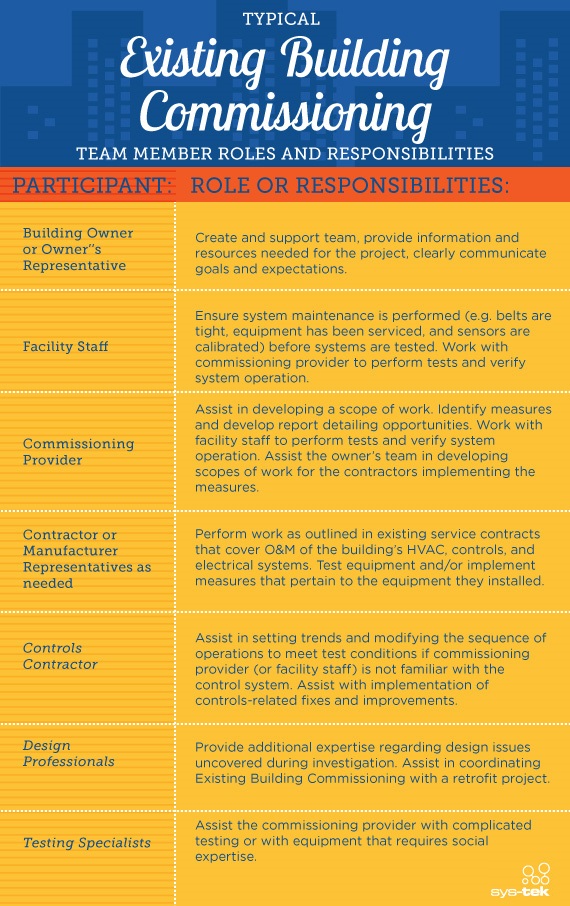Retro-Commissioning Improves the System Operations of your Building
Jul 09, 2013
Retro-commissioning refers to a systematic process applied to an existing building in order to improve its entire system operations. As per the age of a building, retro-commissioning resolves the problems that might have occurred during the construction or design, and addresses the issues that have extended all through its lifetime. The end result of retro-commissioning is an improvement in the building’s efficiency while boosting its entire performance, translating into a great savings in terms of energy and cost.
Retro-commissioning ensures a facility has been tuned up for peak performance. Essentially, it reviews electrical, plumbing and mechanical systems, including the envelope of the building and systems control for the identification of problems and recommendation of solutions. Such an investigation normally includes functional testing of systems in buildings, trending and data logging, and historical analysis of utility use.
The retro-commissioning process ensures that a building’s maintenance and operations are optimized and improved. It focuses mainly on energy-using dynamic systems and equipment that can save energy, such as lighting controls and related items as well as mechanical equipment like the HVAC system. It is by checking up on these factors that the retro-commissioning firm can determine methods of energy waste reduction, fixing and identifying existing problems and obtaining energy cost savings.
There are many benefits of retro-commissioning, including:
- Reducing energy cost and demands,
- Bringing equipment up to its ideal operating competence,
- Diminishing occupant complaints,
- Increasing the comfort and satisfaction of occupants,
- Increasing the life of systems and equipment,
- Enhancing the environmental quality indoors,
- Improving the annual budget forecasting of equipment,
- Decreasing the monthly fixed expenses,
- Improving operations of a facility, and
- Reducing the time spent by staff on emergency calls
For the property owner, retro-commissioning has some very significant benefits. This includes reduction of energy costs, increasing the value of a property, and enjoying fewer operational delays.
For the operator, retro-commissioning also has a number of advantages. For example, usually a retro-commissioning firm will provide training for all the systems, giving them a greater skill set in order to properly maintain equipment and systems.
For the occupant, retro-commissioning provides a much more comfortable working atmosphere, healthy and clear indoor air quality and a safer environment inside the building.
Retro-commissioning and Larger Buildings
The retro-commissioning market primarily (but not exclusively) applies to big buildings due to economies of scale. To fix large buildings is very cost effective as compared to fixing small ones in terms of energy savings and billable expenses and hours. Larger buildings also have functional automation systems based on digital controls as compared to compressed air (pneumatic) controls short of programming capabilities required in setting schedules, programming controllers and sensors, generating the trending data that makes retro-commissioning cost effective and ensuring the improvements last.
While retro-commissioning produces great cost savings for existing buildings, the savings are different not only from one building to the next, but also the location and scope of the process performed. Retro-commissioning has been done for decades in such areas as industrial facilities, life sciences, higher education, healthcare and other areas.
If your Kansas City facility is experiencing issues with air conditioning or other operating systems, a retro-commissioning procedure should be something to strongly consider. The equipment will be evaluated for refurbishment and repair to make sure prevalent problems across the system are handled immediately. Contact sys-tek today for more information.







